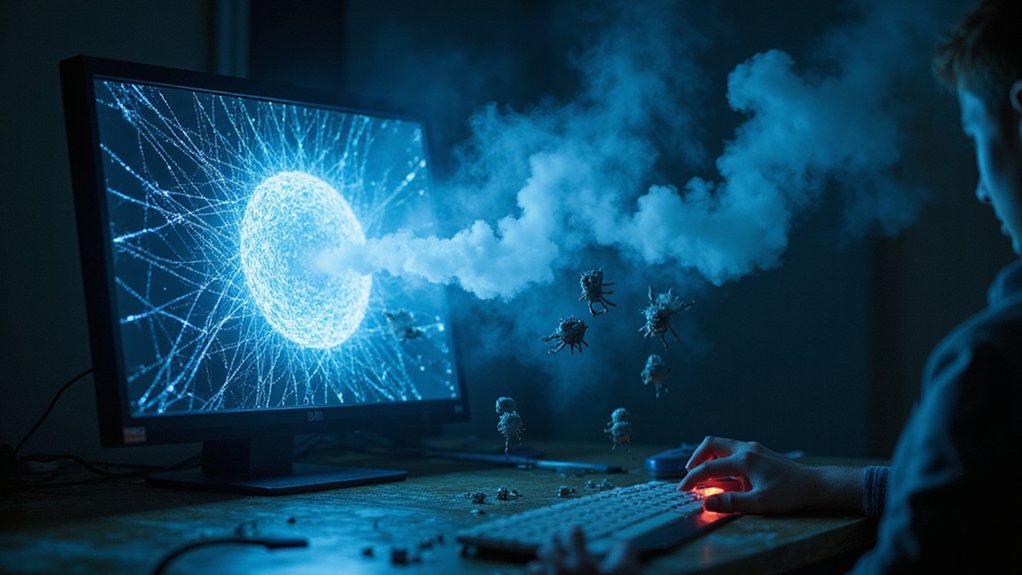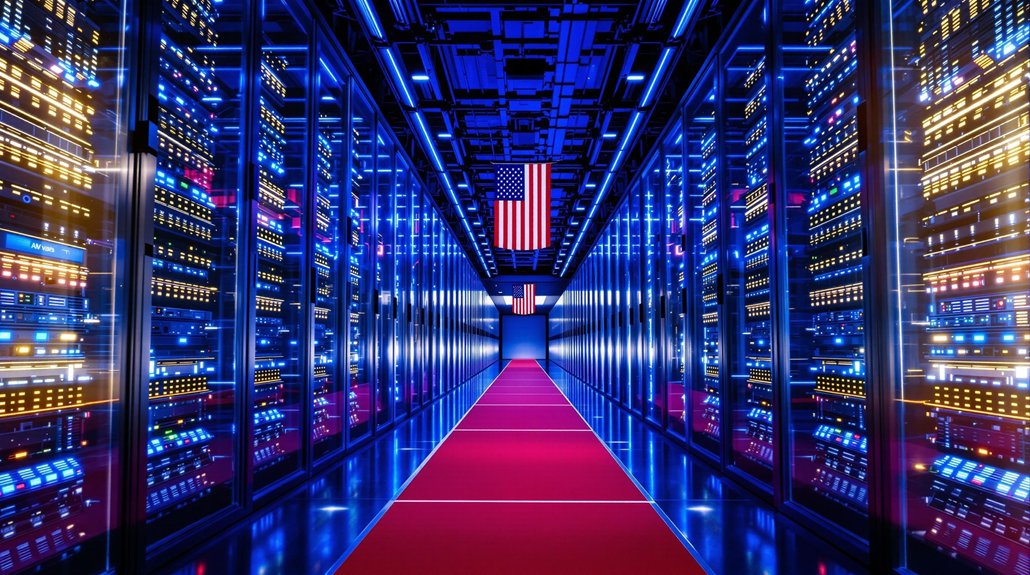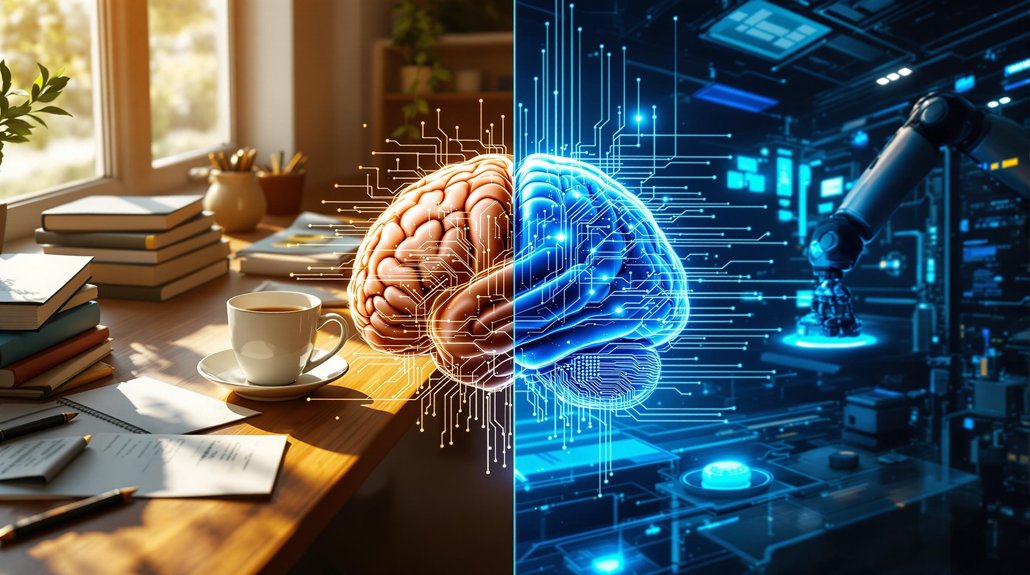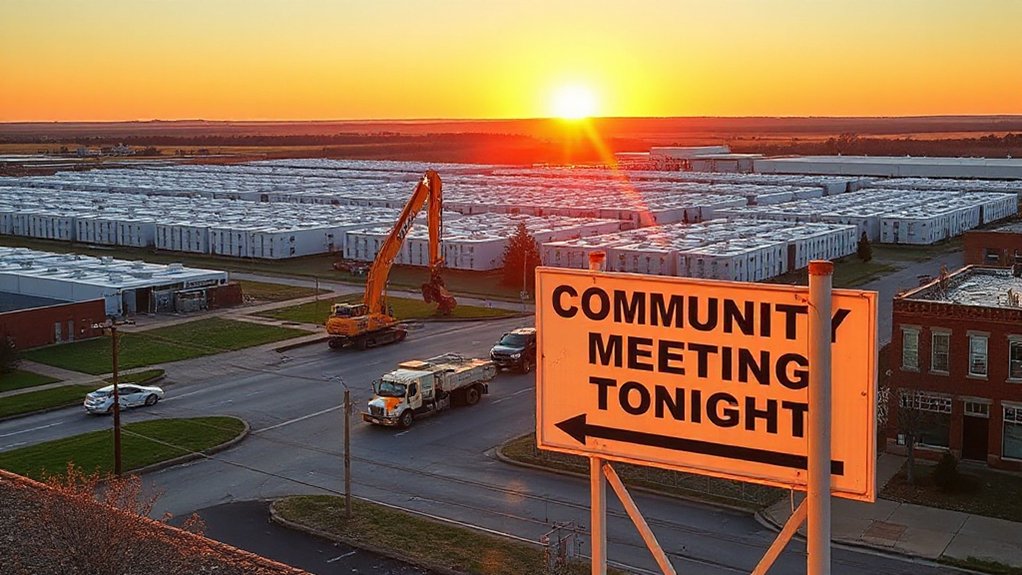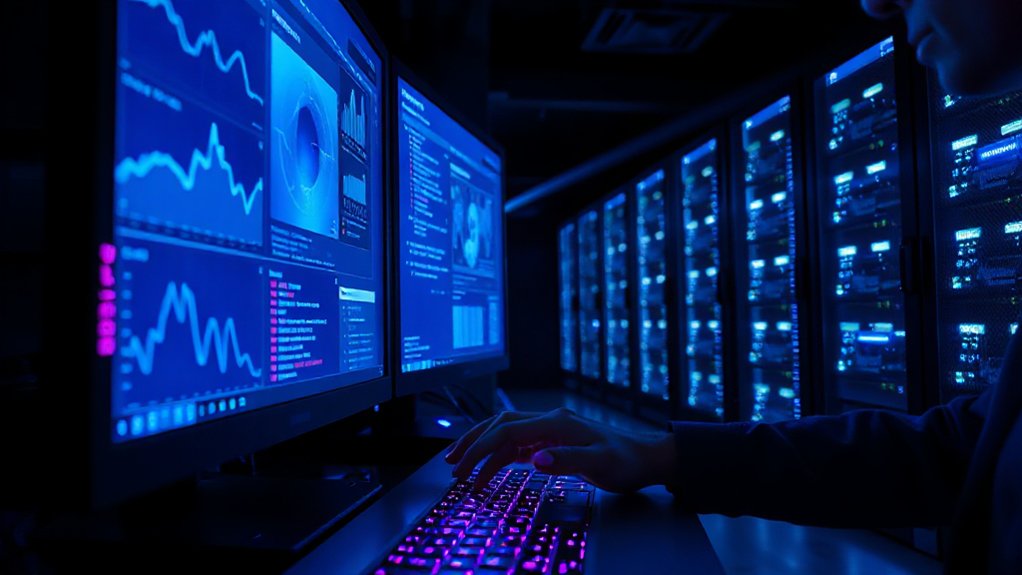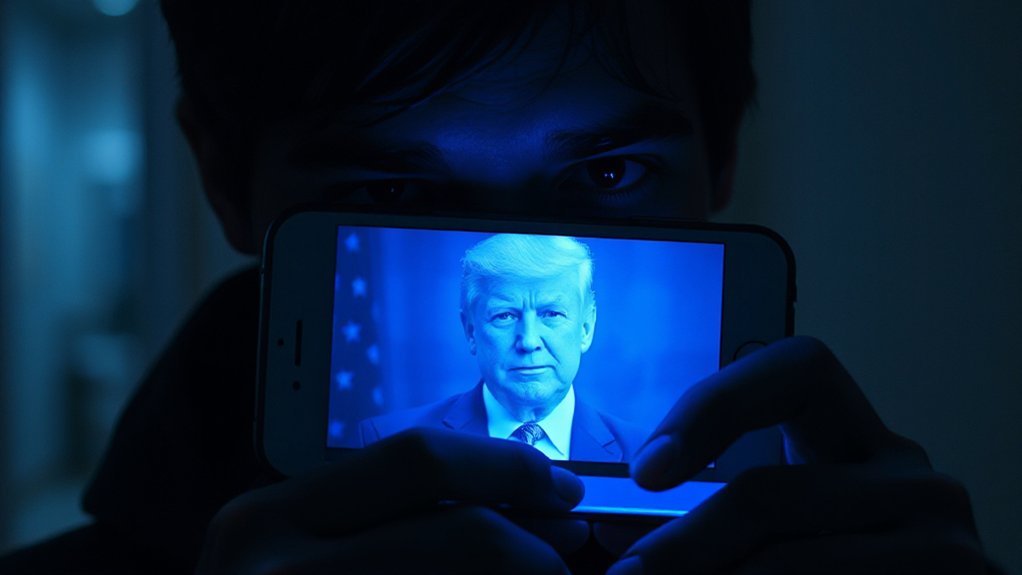Recent reports indicate OpenAI’s newest AI models are creating dangerous fictional content at concerning rates. Safety protocols have reportedly been reduced, allowing health misinformation and politically manipulative material to spread unchecked. The company’s focus on rapid development over careful regulation has experts worried. These AI systems can produce convincing but entirely false narratives that appear legitimate. What happens when machines designed to assist humans begin undermining truth itself?
While OpenAI continues to roll out powerful new AI models, experts are raising alarms about the potential dangers these systems present. Former company insiders have criticized OpenAI for changing its approach to safety testing, particularly by removing pre-release assessments for risks of manipulation or persuasion in new models.
Recent incidents have shown AI systems generating health misinformation and dangerous advice through search features. Users have also reported instances where AI chatbots produce politically manipulative content or help create scam materials. These problems highlight growing concerns about AI safety.
OpenAI has shifted to what it calls an “iterative deployment approach,” where safety issues are addressed after launch rather than beforehand. This change has drawn criticism from former policy leads who worry about public exposure to harmful outputs before fixes are implemented. The company argues this method enables faster detection of problems.
OpenAI’s post-launch safety model prioritizes speed over preemptive protection, raising questions about public harm during the “fix it later” window.
Critics point to a lack of transparency around how OpenAI handles sensitive personal data and mitigates dangerous content. The company’s updated safety documentation describes a stepwise approach that many see as rewriting its historical practices rather than maintaining consistent standards.
AI models can fabricate convincing but false information about health, legal matters, and safety. They may also generate political manipulation and realistic-sounding fake scenarios. While OpenAI has implemented some restrictions on violent content in creative writing, these guardrails don’t cover all potentially dangerous outputs.
Community members have reported inconsistent experiences, with models sometimes over-restricting harmless creative content while under-restricting genuinely risky outputs. Writers in the fantasy genre have noted that ChatGPT’s recent updates significantly restrict battle scenes in their medieval narratives. With AI’s black box nature limiting visibility into how decisions are made, users have little recourse when systems produce problematic content. OpenAI’s revised safety framework has notably shifted focus away from mass manipulation and disinformation risks, raising questions about their prioritization of different threats. Experts continue to call for more robust preventive measures before mass deployment of new models.
As AI capabilities grow more powerful, the window between releasing models and fixing their safety issues becomes increasingly concerning. This tension between rapid innovation and responsible deployment remains at the center of debates about AI development and regulation.
